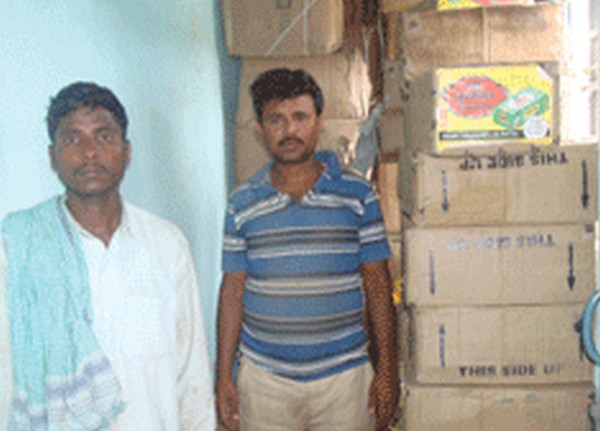Bitter truth
This Deepavali may not be very sweet for the people of Patna, for most of
the manufacturing units in the state capital have been found using stale and
adulterated items to make sweets.
This bitter truth came to light when the Food Control
Department officials raided some of the units recently.
Some of them were found using formalin, a highly toxic chemical usually used in morgue to prevent decaying of the body, with food products to keep it fresh and prevent foul smell.
In some outlets in western Patna, “doda burfis” and milk cakes were being prepared using stale food stuff. Formalin is used to keep the recycled sweets made of abandoned food substances afresh. It was also used for making desi ghee. “We have lodged separate FIRs against these people and one of the manufacturers has been arrested under the Food Safety and Standards Act 2006,” said Food Safety Commissioner Sanjay Kumar.
Some of them were found using formalin, a highly toxic chemical usually used in morgue to prevent decaying of the body, with food products to keep it fresh and prevent foul smell.
In some outlets in western Patna, “doda burfis” and milk cakes were being prepared using stale food stuff. Formalin is used to keep the recycled sweets made of abandoned food substances afresh. It was also used for making desi ghee. “We have lodged separate FIRs against these people and one of the manufacturers has been arrested under the Food Safety and Standards Act 2006,” said Food Safety Commissioner Sanjay Kumar.
The drive against adulterated sweets, refined oil and desi ghee was launched
on October 19.
It was also detected that many food business units are working without proper licence. Nearly 5,000 litres of adulterated ghee was destroyed by the manufacturers before fleeing, sources said.
Samples collected from 40 outlets have been sent to laboratories for testing.
“Once the results are out, cases will be registered against those found guilty. They may get six-month imprisonment and a fine of up to Rs 5 lakh,” Sanjay Kumar said.
It was also detected that many food business units are working without proper licence. Nearly 5,000 litres of adulterated ghee was destroyed by the manufacturers before fleeing, sources said.
Samples collected from 40 outlets have been sent to laboratories for testing.
“Once the results are out, cases will be registered against those found guilty. They may get six-month imprisonment and a fine of up to Rs 5 lakh,” Sanjay Kumar said.

